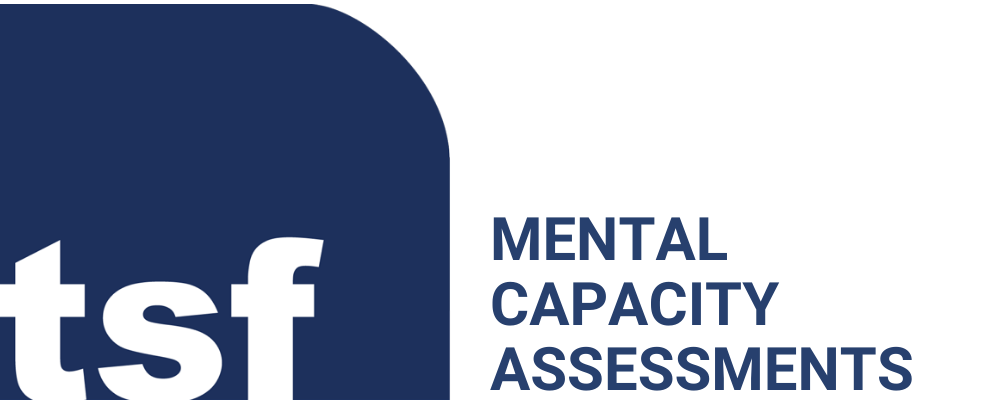If you have been injured by an accident or have been subject to clinical negligence, you may be advised to make a Claim. A financial settlement from a successful Claim could help you with the costs resulting from your accident or from the effects of the negligence, for example, from rehabilitation, health appointments, adaptations around the home, loss of earnings and damages.
You will of course need to instruct a Solicitor to help you to run your Claim. In some circumstances, it may be difficult for you to instruct your Solicitor and manage your Claim without support. The Claim process can be protracted and complex; there may be several decisions that you need to instruct your Solicitor on along the way and lots of documents that require your scrutiny and approval.
You may have a pre-existing cognitive impairment that makes it difficult for you to understand and remember information and where it is difficult for you to make decisions as part of the Claim. It may also be the case that you have acquired an injury (for example a Brain Injury) as a result of an accident or clinical negligence that makes it difficult for you to understand, retain and weigh up the (often complex) information associated with your Claim.
If you or your Solicitor is concerned about your ability to engage in the Claim yourself, it may be possible to appoint someone (usually a trusted family member or friend) called a “Litigation Friend” who can help you with the Claim process and make decisions on your behalf where you are not able to do so.
A Litigation Friend is usually appointed after completion of an assessment of your mental capacity to litigate, if the outcome of the assessment is that you “lack capacity to litigate”. This means that you are not able to understand, retain or use and weigh information relevant to the Claim or that you are not able to communicate it. The Court will check the suitability of your Litigation Friend to make sure they can make decisions regarding the Claim in a fair and competent way and that the Litigation Friends’ interests do not conflict with the Claim. If you do not know anyone that would be suitable to act as your Litigation Friend, the Court can appoint the Official Solicitor to act on your behalf.
TSF Assessments Ltd are widely regarded as experts in litigation capacity assessments. We would only complete a litigation capacity assessment for you on the instruction of your Solicitor. We would gather information relevant to your Claim and then complete an assessment with you, either face to face or via a video link if you prefer.
The capacity to litigate assessment will include questions about the Claim process and the specifics of your Claim. It is not a test: our skilled assessors will endeavour to support you to see if you understand your Claim and are able to retain information about it and make decisions along the way. If you are able to do this, then the outcome would be that you have “capacity to litigate” and you would not need a Litigation Friend. If you are not able to do this then you would lack “capacity to litigate”, in which case a Litigation Friend would be appointed to help you to navigate your Claim and instruct your Solicitor.
As well as completing an assessment of capacity to litigate, your Solicitor may also instruct TSF Assessments to complete an assessment of capacity to manage your property and financial affairs. You may wonder why this is relevant. If you win your Claim, you may find that you are awarded a substantial amount of money. This will have been carefully evaluated to ensure that the expenses you have incurred since the accident or negligence (and may continue to incur in the future) are met. It is therefore important that you are able to manage your financial settlement to pay for bills, budget expenses and to manage and invest your money so that it can provide for you well into your future. Our assessor will ask you questions relating to the management of your finances, for example, questions about your income and outgoings, paying bills, banking, budgeting, relative value, working with numbers, making financial transactions in shops and investing your money. The purpose of this assessment is to gauge whether you are able to understand, retain and weigh up information about managing your finances (that you have capacity to manage your finances), or whether you may need some support to do this (if you lack capacity to manage your finances). If you lack capacity to manage your finances, there are a number of different ways that you can be supported. In cases where a large financial settlement has been awarded but a person lacks capacity to manage their finances, it is common for an application for Deputyship to be made, so that an appointed Deputy can support the person with their finances.
Contact us at TSF Assessments Ltd to discuss how we can help you with an assessment of capacity.
